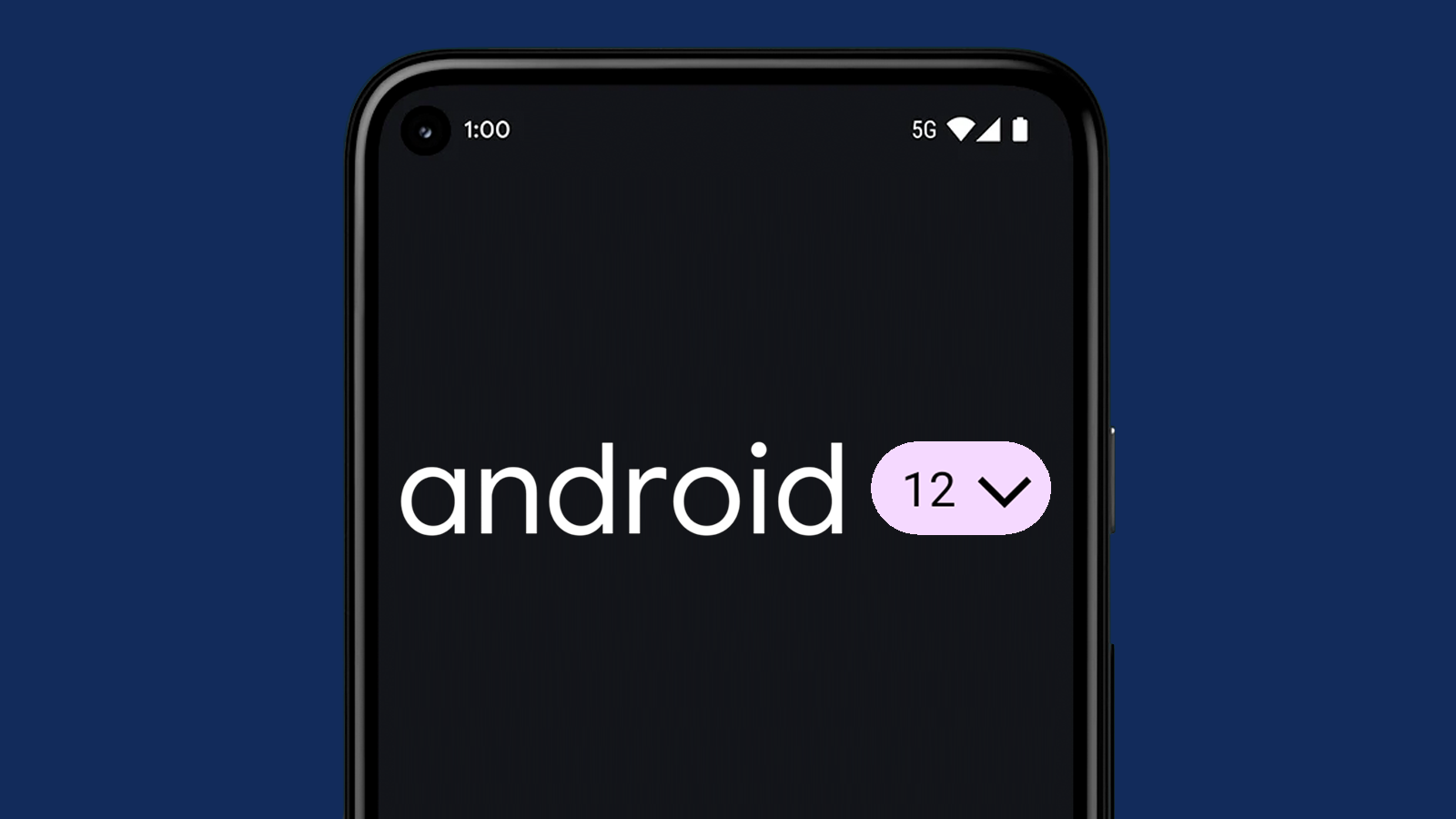The first Android 12 beta just launched yesterday, and it brought a whole slew of design and animation changes with it. But Google is also working on reducing CPU and GPU usage and cleaning up transitions between apps and notifications. As part of that effort, the company is making audio transitions less jarring when you switch from app to app.
As a small preface, many apps don't only have visual aspects to them, but they also play audio. When an app loses audio focus on Android 11 or lower, i.e., when you start playing a YouTube video while you're listening to music, the transition between the two audio streams could often feel jarring and abrupt. Things get even worse when you're listening to music and receive a call or listen to a voice message, interrupting playback.
To combat that, Google has announced that going forward, outgoing audio will fade out while incoming audio will fade in (crossfading is the right term here), making for a much smoother transition between apps. Google says that this is particularly a problem on foldables or in multi-screen environments, where you often juggle multiple apps on the screen at once, but really, it will help on regular phones and tablets, too.
On the technical side, Google describes that it will force apps to comply with audio focus rules going forward, meaning that apps are automatically muted when they lose audio focus. Once the crossfade is finished, the outgoing app is notified that its audio is no longer hearable, and developers are encouraged to pause or stop playback if possible.
9to5Google already spotted this behavior in Android 12 Developer Preview 3, but now, Google has made the change official while providing more context around it.

